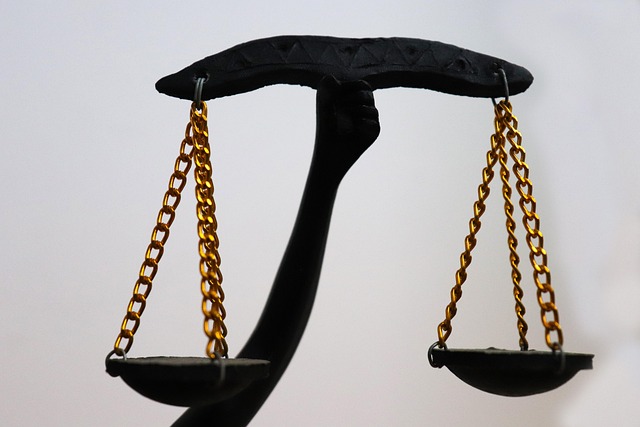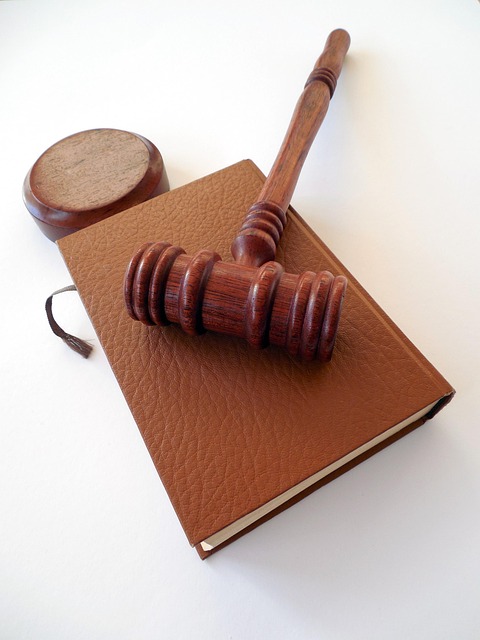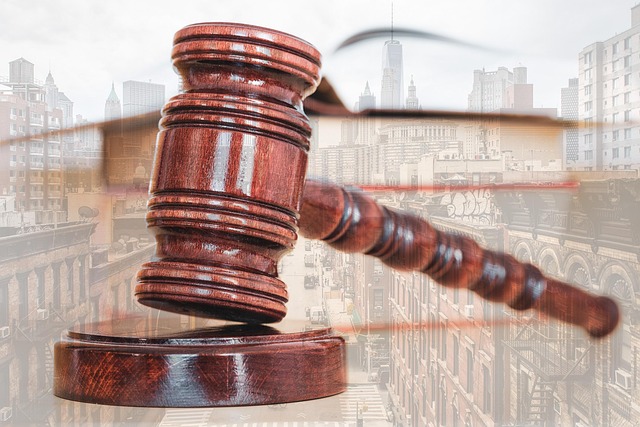Regulatory compliance is a complex yet crucial aspect for businesses, especially in sectors like technology and healthcare, where it can mean the difference between success and severe consequences. The burden of proof, a critical legal principle, significantly influences verdicts in criminal cases, civil liabilities, and administrative hearings. Understanding this burden is essential for navigating regulatory scenarios, avoiding penalties, and maintaining trust with philanthropic and political communities. Proactive measures such as strategic documentation, expert testimony, and internal controls are vital to effective compliance, ensuring businesses can face legal battles with confidence.
In today’s complex regulatory landscape, understanding compliance issues is paramount for businesses. This article delves into critical aspects of regulatory compliance, focusing on how the burden of proof significantly influences legal outcomes, particularly in verdicts. We explore the implications of inadequate compliance and present effective strategies to enhance adherence and mitigate risks. By examining these key areas, organizations can navigate legal proceedings with greater confidence and ensure long-term success. Learn how understanding burden of proof affects verdicts and empower your business with proactive compliance measures.
- Understanding Regulatory Compliance Issues
- The Role of Burden of Proof in Legal Proceedings
- Impact of Inadequate Compliance on Verdicts
- Strategies to Enhance Regulatory Compliance and Mitigate Risk
Understanding Regulatory Compliance Issues

Regulatory compliance issues are a complex web that every business and organization must navigate carefully. Understanding these involves recognizing how various laws and regulations impact operations, from data privacy to environmental standards. One critical aspect that influences regulatory outcomes is the burden of proof—the responsibility to present compelling evidence to support one’s case or argument. In legal terms, this significantly affects verdicts in criminal cases, civil liabilities, and administrative hearings alike.
For businesses, especially those operating within dynamic sectors like technology or healthcare, mastering the art of navigating regulatory compliance can mean the difference between thriving and facing severe consequences. A robust general criminal defense strategy, for instance, should account for how presenting a compelling case, backed by solid evidence and expert testimonies, can lead to winning challenging defense verdicts. This is particularly important given the profound implications on business reputation and financial stability within the philanthropic and political communities.
The Role of Burden of Proof in Legal Proceedings

The burden of proof is a fundamental concept in legal proceedings that significantly influences the outcomes of cases, particularly in regulatory compliance issues. It refers to the responsibility of a party to present sufficient evidence to support their claim or defense. In many jurisdictions, the onus is on the plaintiff or prosecutor to prove their case beyond a reasonable doubt. This principle ensures fairness and protects individuals from wrongful accusations. When it comes to regulatory compliance, understanding the burden of proof is crucial as it can determine whether a company wins challenging defense verdicts or faces severe consequences, including potential indictment.
In regulatory cases, where the allegations are often complex and technical, the burden of proof plays a pivotal role. It affects how evidence is presented and evaluated by the court. If a company can successfully shift the burden to the accuser, it may gain leverage in avoiding indictment or securing more favorable outcomes. This strategic approach involves meticulous documentation, expert testimony, and a comprehensive understanding of both the law and the regulatory landscape. By employing such strategies, companies can navigate these legal proceedings with greater effectiveness, ensuring they remain compliant while protecting their interests in the philanthropic and political communities.
Impact of Inadequate Compliance on Verdicts

Inadequate regulatory compliance can significantly impact verdicts in legal proceedings, particularly in cases involving complex issues or significant penalties. The burden of proof is a critical aspect here; it shifts the onus onto the accuser to present compelling evidence, ensuring that any decision is based on solid, irrefutable facts. When organizations fail to meet these standards, they not only face legal repercussions but also damage their reputation and financial stability. This can lead to unfavorable outcomes, including substantial fines, licensing revocations, or even criminal charges for individuals within the organization.
Such situations underscore the importance of proactive compliance measures. General criminal defense strategies often rely on challenging the evidence and burden of proof, and organizations with robust internal controls and a culture of adherence to regulations are better equipped to defend against allegations. Achieving extraordinary results in legal battles requires a solid foundation of regulatory compliance, ensuring that businesses operate within ethical and legal boundaries, thereby fostering trust among philanthropic and political communities.
Strategies to Enhance Regulatory Compliance and Mitigate Risk

Staying compliant with regulations is a complex task that requires proactive strategies to mitigate risks effectively. Organizations must adopt a comprehensive approach, integrating compliance into their core operations and culture. One crucial aspect in this process is understanding the burden of proof, which significantly influences verdicts in legal scenarios, including jury trials. Knowing what evidence is required to prove or disprove a claim can greatly impact strategic decisions and outcomes for both businesses and their clients.
By fostering a culture of compliance within the organization, companies can better prepare for potential regulatory audits and inspections. This includes implementing robust internal controls, staying updated on legislative changes, and providing comprehensive training for employees at all levels. Furthermore, collaborating with external experts and consultants who specialize in regulatory affairs can offer valuable insights and ensure that the organization stays ahead of evolving requirements, thereby fostering trust among the philanthropic and political communities.
Regulatory compliance issues significantly shape legal outcomes, with the burden of proof playing a pivotal role. Understanding how this principle influences verdicts is essential for businesses and legal professionals alike. By implementing robust strategies to enhance regulatory compliance and mitigate risks, organizations can navigate legal proceedings more effectively, ensuring fair outcomes and safeguarding their interests in today’s complex business landscape.






